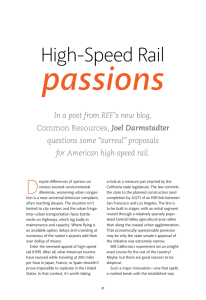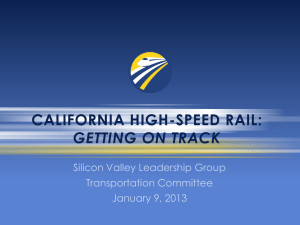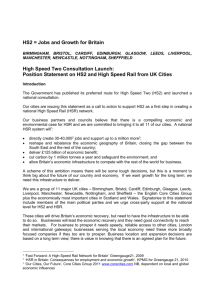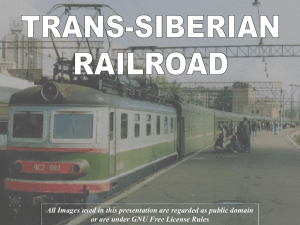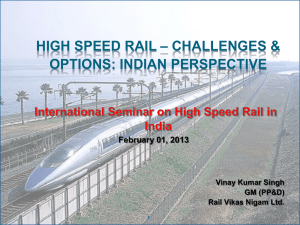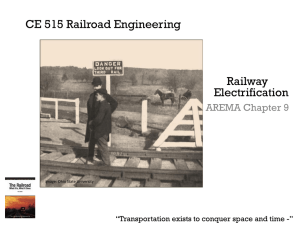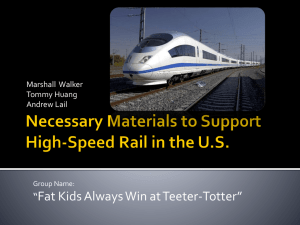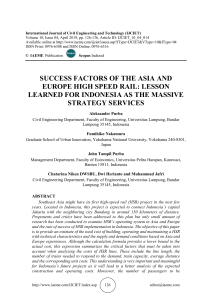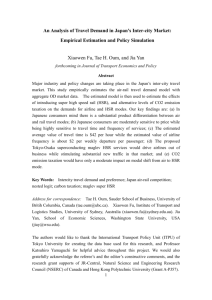Core Cities HS2 statement
advertisement
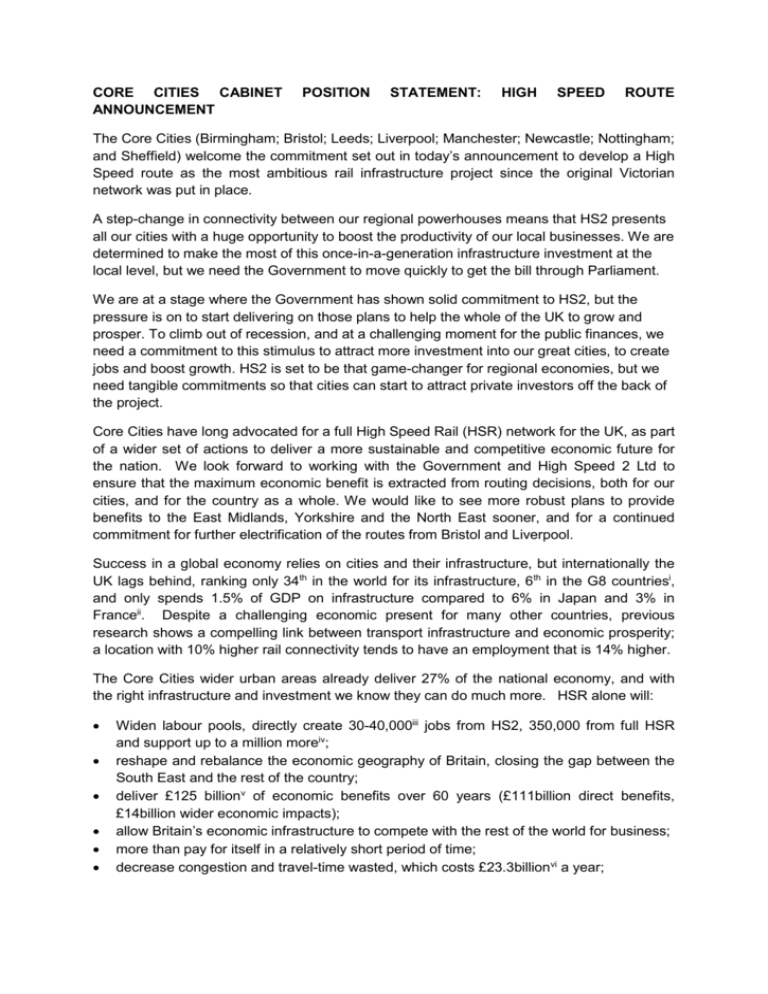
CORE CITIES CABINET ANNOUNCEMENT POSITION STATEMENT: HIGH SPEED ROUTE The Core Cities (Birmingham; Bristol; Leeds; Liverpool; Manchester; Newcastle; Nottingham; and Sheffield) welcome the commitment set out in today’s announcement to develop a High Speed route as the most ambitious rail infrastructure project since the original Victorian network was put in place. A step-change in connectivity between our regional powerhouses means that HS2 presents all our cities with a huge opportunity to boost the productivity of our local businesses. We are determined to make the most of this once-in-a-generation infrastructure investment at the local level, but we need the Government to move quickly to get the bill through Parliament. We are at a stage where the Government has shown solid commitment to HS2, but the pressure is on to start delivering on those plans to help the whole of the UK to grow and prosper. To climb out of recession, and at a challenging moment for the public finances, we need a commitment to this stimulus to attract more investment into our great cities, to create jobs and boost growth. HS2 is set to be that game-changer for regional economies, but we need tangible commitments so that cities can start to attract private investors off the back of the project. Core Cities have long advocated for a full High Speed Rail (HSR) network for the UK, as part of a wider set of actions to deliver a more sustainable and competitive economic future for the nation. We look forward to working with the Government and High Speed 2 Ltd to ensure that the maximum economic benefit is extracted from routing decisions, both for our cities, and for the country as a whole. We would like to see more robust plans to provide benefits to the East Midlands, Yorkshire and the North East sooner, and for a continued commitment for further electrification of the routes from Bristol and Liverpool. Success in a global economy relies on cities and their infrastructure, but internationally the UK lags behind, ranking only 34th in the world for its infrastructure, 6th in the G8 countriesi, and only spends 1.5% of GDP on infrastructure compared to 6% in Japan and 3% in Franceii. Despite a challenging economic present for many other countries, previous research shows a compelling link between transport infrastructure and economic prosperity; a location with 10% higher rail connectivity tends to have an employment that is 14% higher. The Core Cities wider urban areas already deliver 27% of the national economy, and with the right infrastructure and investment we know they can do much more. HSR alone will: Widen labour pools, directly create 30-40,000iii jobs from HS2, 350,000 from full HSR and support up to a million moreiv; reshape and rebalance the economic geography of Britain, closing the gap between the South East and the rest of the country; deliver £125 billionv of economic benefits over 60 years (£111billion direct benefits, £14billion wider economic impacts); allow Britain’s economic infrastructure to compete with the rest of the world for business; more than pay for itself in a relatively short period of time; decrease congestion and travel-time wasted, which costs £23.3billionvi a year; increase rail and decrease air and car journeys respectively by 30 million passenger trips and 13 million car journeys by 2055vii; provide a catalyst to improve local public transport networks to integrate with the high speed network so overall door to door journey times improve; enable new business and economic flows between cities; and reduce carbon by 1 million tonnes a year, improve air quality and achieve targetsviii. The term ‘High Speed’ however does not correctly reflect the bigger outcomes to the national economy. Shorter journey times are essential to improved productivity, but the scheme will also free up much-needed capacity on the existing rail network, support the integration of vastly improved local transport and regenerate wider areas around hubs. The economic and employment benefits are clear; in fact we regard the DfT business case as an underestimate. The contribution of this scheme to reduced carbon cannot be overstated, not just from individual travel, but from the increased rail freight capacity. A further impact of this network will be a reshaping of the economic geography of the country, allowing cities away from the South East to reach their full economic potential. This is not simply a domestic issue of rebalancing the economy, but is an issue of global competitiveness, enabling our cities to compete more effectively. HSR is critical to achieving growth in Core Cities alongside other improvements in rail connectivity to those Core Cities that will not initially be served by HSR in the first phase to Birmingham, both through electrification and improved capacity and rolling stock between them and the other Core Cities / London. Core Cities will work with Government to align local transport investment within their urban areas, to improve links to and from HSR hubs, enhancing commuting capacity within the travel to work area and on the existing rail networks. HSR should therefore be seen as a critical part of an on-going and overall improvement in the UK national rail network. It is important to recognise that HSR cannot achieve these impacts on its own. We subscribe to a vision for the future of the national economy which builds on the innovative City Deals process, where national infrastructure like HSR is aligned with increased local freedom and powers to generate and align investment, create the right local skill-set and increase employment. The national-local relationship is shifting and further devolution will enable both our cities and the nation as whole to extract the full benefit of High Speed Rail. High Speed Rail Development Programme Principal Consultant Final Report, SYSTRA-MVA, August 2009 for Greenguage21.i World Economic Forum’s Global Competitiveness Report ii Association for Consultancy and Engineering, Avoiding the Infrastructure Crunch iii ‘HSR in Britain: Consequences for employment and economic growth’, KPMG for Greengauge 21, 2010 iv ‘Our Cities, Our Future’, Core Cities Group 2011 www.corecities.com NB, dependent on local and global economic influences v ‘Fast Forward: A High-Speed Rail Network for Britain’ Greengauge21, 2009 vi British Chamber of Commerce vii vii ‘Fast Forward: A High-Speed Rail Network for Britain’ Greengauge21, 2009
